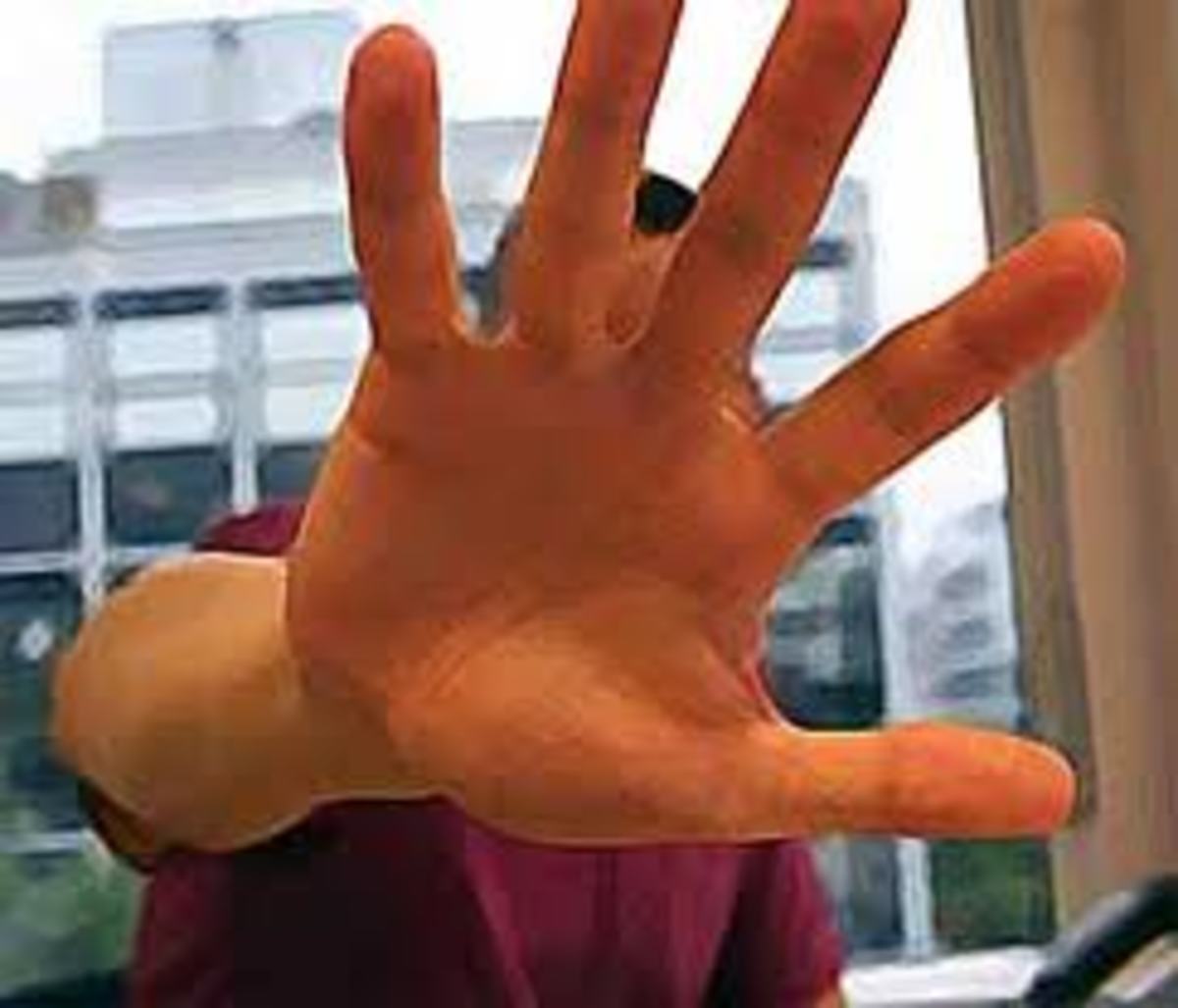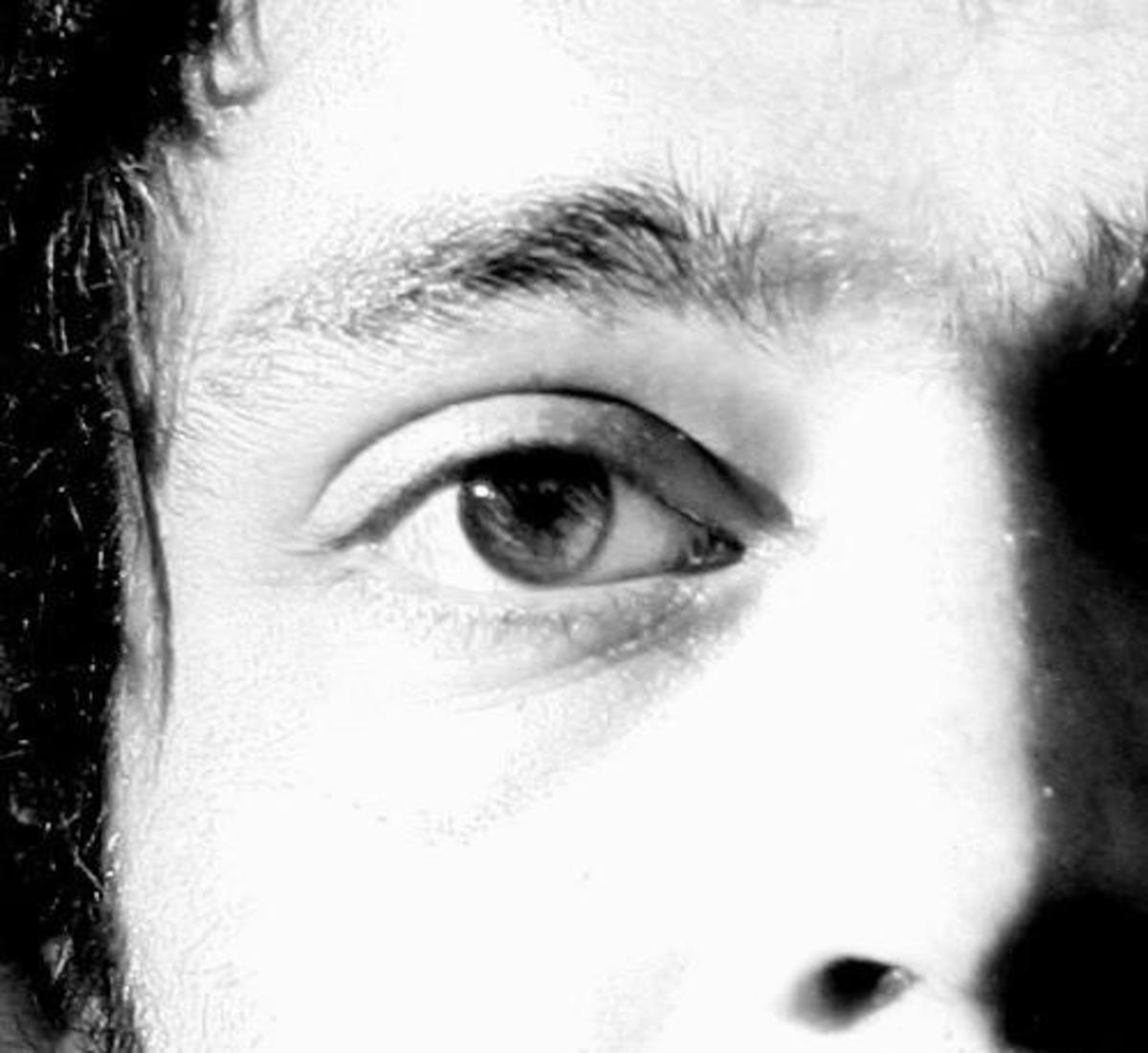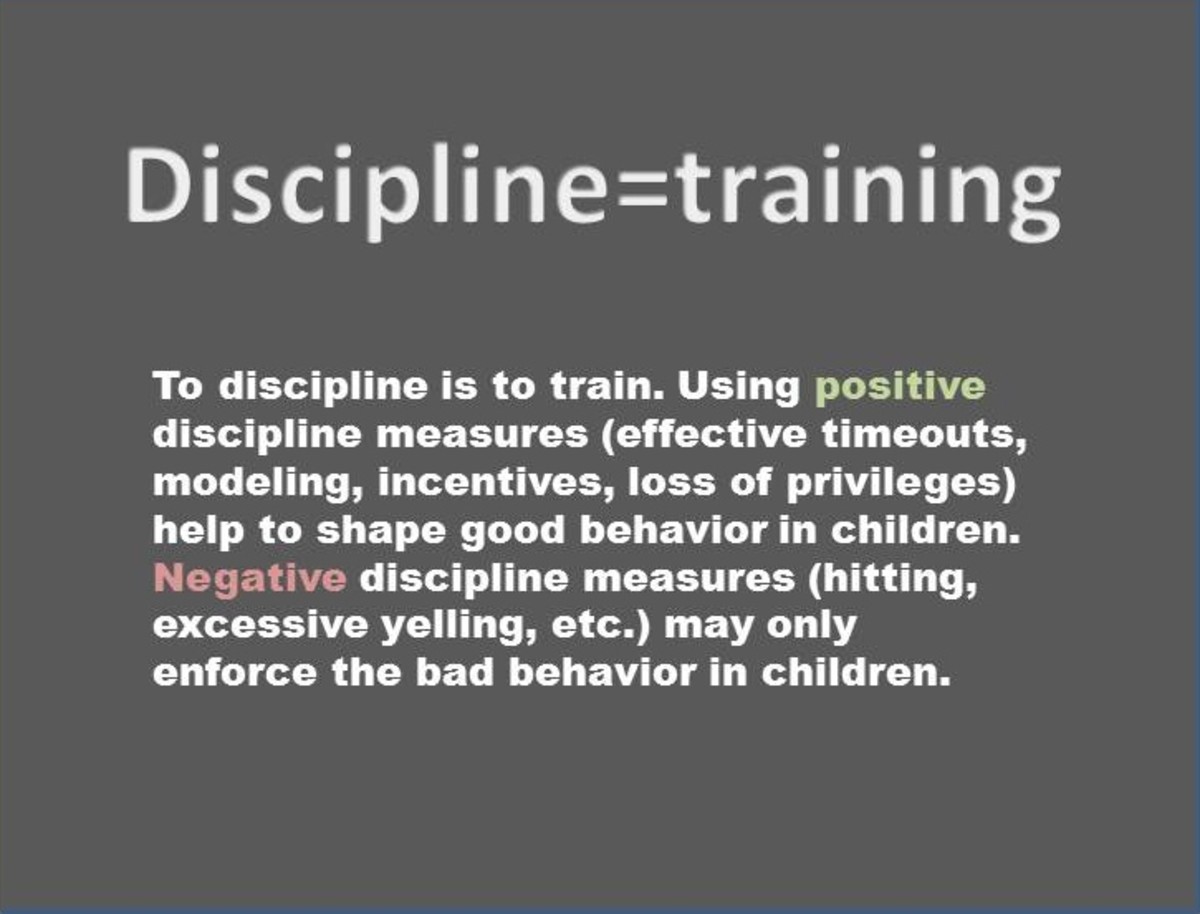Overprotective/Helicopter Parents
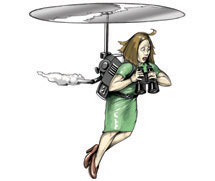
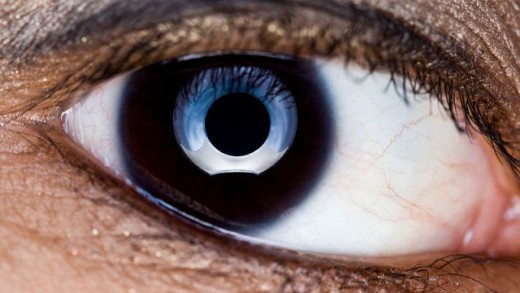

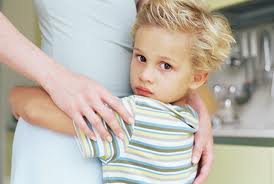



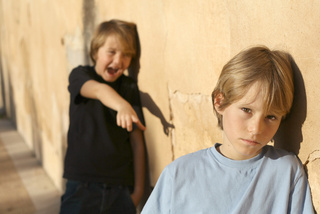
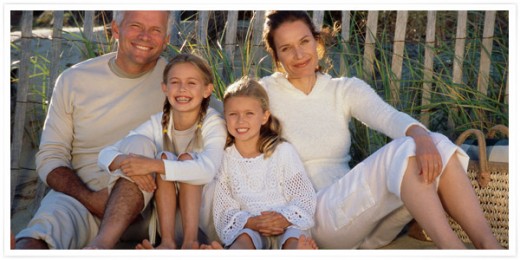

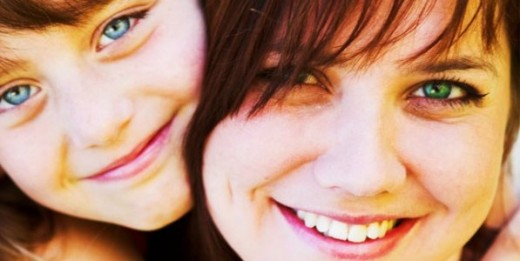

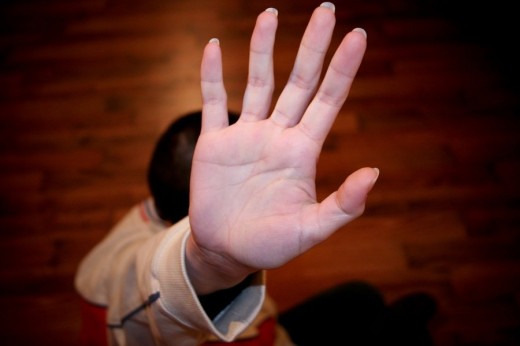
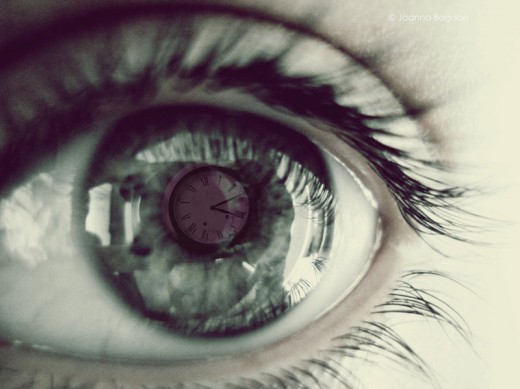




The Syndrome of Overparenting
There is a parenting phenomena recent in the late twentieth and early twenty-first century. It is called by many names, overparenting and/or helicopter parenting. However, this parenting phenomena is not new. There were parents who sheltered and overly supervised their children from time immemorial. However, in the olden days, it was called being overprotective.
Yes, it is a parent's duty to love and be vigilant regarding their children's outcomes and safety. However, the overprotective/helicopter parents takes parental vigilance to the ultimate extreme. These types of parents believe that their child should have an as perfect childhood as possible. The overprotective/helicopter parents protect their children from the slightest mishap as they believe that exposing their children to such would "irreparably damage" them.
Such parents believe in keeping their children extremely close to them. These are the types of parents who discourage their children from freely exploring their environment because they believe that the world itself is a very unsafe and dangerous place. They indoctrinate their children with such ideas. These parents are afraid for their children thus prohibiting them from playing and enjoying their childhoods because they do not want their children to be "hurt."
These are the parents who believe that their children should go nowhere unsupervised even when it is age appropriate. Many preschool and elementary school teachers are inundated with such parents who maintained that their children is entitled to special treatment and entitlement. These are the types of parents who critique a teacher if their children receive less than a good grade and/or receive appropriate discipline in class.
Even though overprotective/helicopter parents maintain that they love their children and wish the best for them, they are doing a severe disservice to their children. Children of overprotective/helicopter parents did not develop proper age appropriate social skills. They are extremely immature and infantilized for their respective ages. Many elementary school teachers report that children of such parents did not have the rudimentary age appropriate skills e.g. being able to tie their own shoes and doing minor independent tasks.
These children are also overly dependent and have low self-confidence which makes them the target of bullies. These children do not have the self awareness and toughness that children raised in nonprotective homes have. Children of overprotective/helicopter parents are not resilient and are risk aversive. They are afraid to make mistakes and crumble if there is adversity in their lives.
You ask how did the phenomena of overparenting become so prevalent in the late twentieth and twenty-first centuries? Well, Americans became more affluent and families became smaller. Studies confirm that the phenomena of the overprotective/helicopter parents is extremely prevalent in middle, upper middle, and upper class homes than there are in lower middle and working class homes. Affluent parents believe that their children should have as unencumbered childhood as possible and they have the means to provide their children with such a childhood. In small families, parents are often more overprotective because they have more emotional and physical resources as opposed to large families where parents have less emotional and physical resources to devote to each child.
Many overprotective/helicopter parents have hardscrabble childhoods and they want to provide their children with better childhoods than they had. It is the mantra of such parents, especially if they came from less affluent homes, that no child should have it tough and that childhood should be carefree. Many overprotective/helicopter parents do not believe in assigning their children chores and responsibilities because it would "rob" their children of their childhoods. As a result of this, these children have deficit life and survival skills which would help them later on in life.
Many psychologists, social scientists, and sociologists decry the plight of the overprotected child in preschool and elementary schools. One psychologist,Hara Estroff Marano, indicated that overprotective parents are raising children who have no life skills, are overly dependent, afraid to navigate through life, and to take risks. Dr. Estroff Marano further maintained that overprotective parents are doing more harm than good to their children.
Lenore Skenazy, a free range mother and author, took highly adverse criticism for allowing her nine year old son to ride the subway alone. Ms. Skenazy maintained that her son was old enough to ride the subway alone, adding that parents today are far too overprotective of their children as to stunt their psychological and emotional growth. It is Ms. Skenazy's belief that children are to freely explore their environment, take risks, and to perform age appropriate tasks on their own as to become gradually independent.
However, this sage advise is ofentimes ignored by many overprotective/helicopter parents. It is these parents' assertion that they are here to protect and solve their childrens' problems. They believe that children are "helpless" beings who should be guided and sheltered from life's woes. These are the parents who arrange supervised playdates and activities for their children as they are afraid to permit their children to play unsupervised.
In high school and college, children of overprotective parents are considered overgrown children who are totally unable to make decisions on their own. Many college administrators and professors are nonplussed at the influx of overprotective/helicopter parents at their institutions. There are even parents who board with their college students to ascertain that everything is alright. Some parents even go further and select courses for their children and continuously text them.
Overprotective/helicopter parents are even more invasive of their children in young adulthood. There are parents who go with their adult children to job interviews much to the chagrin of interviewers who deem such prospective employees with disdain. Many a supervisor and superior decry the lack of maturity and work ethic of such adult children. These supervisors and superiors assert that these adult children believe that the world revolve around them, that life should run smooth and easy, and they become emotionally unglued if things do not go their way.
Overprotective/helicopter parents are considered to be just as abusive as the most negligent parents. Overprotective/helicopter parents do not actually respect their children and hold them in high regard. In fact, these parents consider their children to be inept, incapable, and incompetent which does nothing for their self-confidence.
Overprotective/helicopter parents view their children as "children" no matter what age they age. Furthermore, they infantilize their children as they are afraid to let go of their children. Children of such parents actually grow to hate their parents because they have crippled them socially, emotionally, and psychologically. Oftentimes, adult children of overprotective/helicopter parents have severed all ties with them in order to lead a more independent life.
In conclusion, the phenomena of overprotective/helicopter parenting is quite prevalent in the late twentieth and early twenty-first centuries. This phenomena is rife among the middle, upper middle, and upper class. Such parents believe that childhood should be as stress free and unencumbered as possible. Furthermore, smaller families also cause parents to be more overprotective as they have more emotional and physical resources to devote to each child.
However, there are negative repercussions of overparenting. Children of such parents are retarded emotionally and psychologically as they do not have life skills gained from exploring, failing and taking risks. They often have low self-confidence and are risk aversive. They are often overly dependent and do not have the necessary independence to succeed in life.
Children of overprotective/helicopter parents fare extremely poorly in life. Bosses find them to be lacking in initiative and aggressiveness. These children are often entitled and believe that the world should be smooth and revolve around them. In addition to that, they crumble when adversity strikes. Furthermore, they have little or no problem solving skills.
Subconsciously, overprotective/helicopter parents believe that their children are inept and incompetent and treat them as such. Such parents do not view their children as individuals but as babies to make decisions for. Children of these parents feel totally inept and infantilized which cripples them for life. They, in turn, hate their parents for subjecting them to an infantilized environment and some, as they become adults, eventually sever all ties with them in order to lead more complete lives.
© 2011 Grace Marguerite Williams

